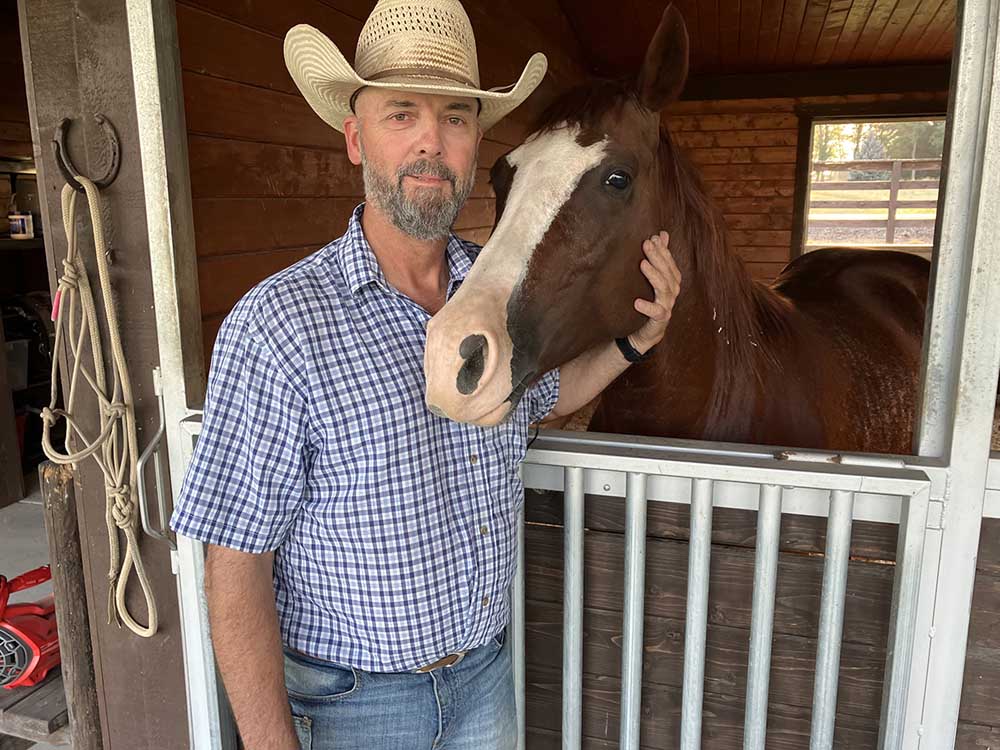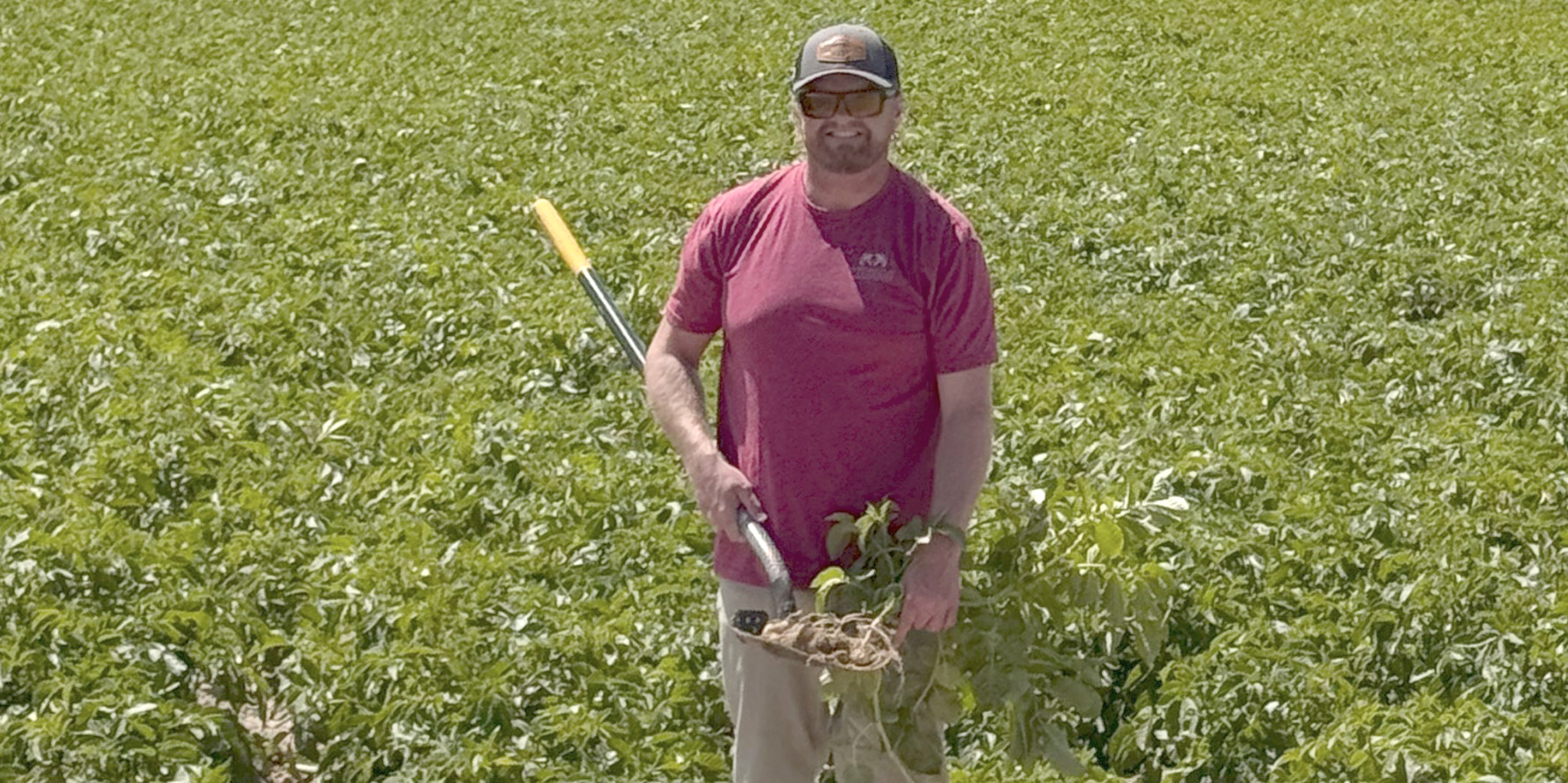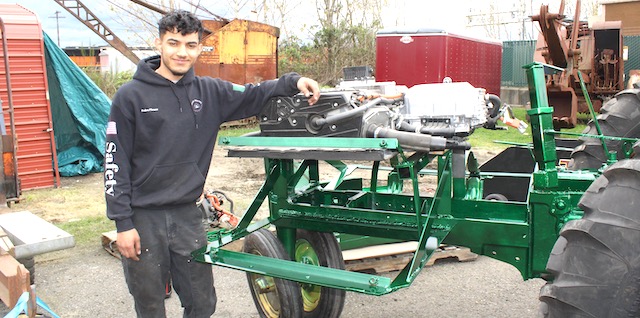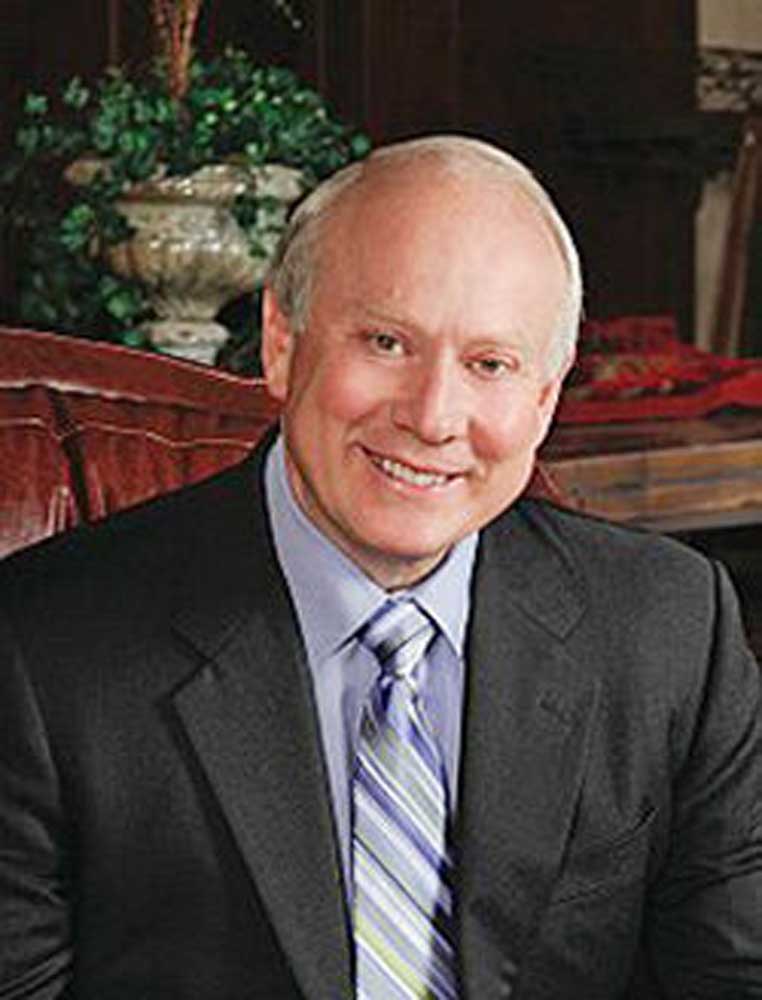Western Innovator: Defending the Western lifestyle
Published 10:00 am Friday, September 27, 2024

- Dave Duquette grew up in Western Washington logging towns before joining the U.S. Marine Corps and traveling the Far East. Upon his return, Duquette built a successful skylight installation business, became a horse trainer and began political advocacy work. He’s now the executive director of the Western Justice nonprofit and foundation.
When rural folks don’t know where else to turn for solace, the Western Justice nonprofit wants to be their lifeline of last resort.
The organization was founded four years ago with the goal of assisting farmers, ranchers, cowboys and others who face tough predicaments but feel like they’re out of options.
“We are the group that people come to when the other groups won’t help, or don’t think it’s in their wheelhouse,” said Dave Duquette, who runs the nonprofit and its affiliated foundation.
Duquette said his organization is similar to the National Rifle Association, except it defends the Western lifestyle rather than gun rights.
The mission is meant to be tightly focused but broadly applied, which has involved Western Justice in an eclectic mix of projects since its birth in the turbulent wake of the COVID outbreak.
Defending rodeo
When a city ordinance introduced in 2020 sought to prohibit rodeo competitions in Los Angeles, Duquette rounded up the sport’s major players to fight the proposal.
Apart from bringing together rivals, such as the Professional Rodeo Cowboys Association and the Professional Bull Riders, he recruited Black and Hispanic rodeo competitors and enthusiasts.
“That’s a historic deal,” Duquette said. “We have one of the most culturally diverse coalitions out there.”
The Western Sports Industry Coalition, a subsidiary of the foundation, has been holding its own against animal rights advocates: Last year, the L.A. city council ordered its attorneys to review an amended version of the rodeo ban, whose ultimate fate remains uncertain.
Opponents hope it’ll wither away as the city grapples with other political priorities, while advocates are confident it will eventually be revived.
Trouble in Pocatello
Another municipal controversy of a different nature has come into the organization’s crosshairs in Pocatello, Idaho.
With help from filmmakers and private investigators, Western Justice is developing a documentary feature about a farming family’s longstanding property dispute with city officials.
Though the film, “The Great Pocatello Land Grab,” hasn’t been finished, a trailer for the movie has already won a regional Emmy award.
The exact timeline for its release will depend on the case’s legal outcome as well as negotiations over selling the film to a streaming platform, which would help offset the nonprofit’s investment.
“It’s cost quite a bit to put it together,” Duquette said.
Educational projects such as the documentary come under the nonprofit’s purview, while the foundation acts as the political arm for such projects as the rodeo coalition.
Other ventures include researching the climate benefits of cattle grazing, assisting a ranch accused of starting a wildfire and probing the finances of environmental groups.
“We are hiring top investigators to find out where the money is coming from,” Duquette said.
Growing up in logging towns in Western Washington, Duquette didn’t expect to be involved in such varied and compelling projects as a career.
A turning point
Most indicators pointed to Duquette leading a conventional “redneck” lifestyle, he said, but after high school he joined the Marines, which was “the best thing that ever happened to me.”
“I needed to get out. I needed to go do something,” Duquette said, adding that his best friend had joined.
“I wasn’t going to let him see anything I didn’t.”
The four-year stint did not disappoint, with Duquette’s logistics job taking him to Southern California and later to Japan, South Korea, Thailand and the Philippines.
Upon his discharge, Duquette said, he built a successful business installing skylights in Southern California but wasn’t particularly fond of the work or the region.
A childhood dream
Following a childhood dream, he took a big pay cut and moved back to Washington to apprentice under a respected horse trainer.
“From the first time I rode one, I wanted to own one, but we couldn’t afford it,” Duquette said.
After gaining enough experience, Duquette began buying, training and selling horses, which he continues to raise at his rural home in Hermiston, Ore.
“There’s a lot of work that goes into that,” he said. “They don’t come out of the womb wanting to be gentle animals.”
Advocacy work
He inadvertently stumbled upon advocacy work when speaking out against the closure of horse slaughtering plants, fearing it would lead to tectonic shifts in the economics of raising the animals.
The controversy coincided with the housing bust and Great Recession of 2008, which further devalued horses that people couldn’t afford to keep, Duquette said.
“They couldn’t feed their families, let alone a thousand-pound animal,” he said.
Duquette’s willingness to publicly defend a contentious practice frequently landed him in front of television cameras, while others who shared his views often feared the stigma, he said.
“I was the face of trying to keep this industry going,” he said. “They weren’t going to poke their heads out.”
His outspokenness in the role caught the attention of Forrest Lucas, a famous American oilman, who hired Duquette to work for his Protect the Harvest agricultural nonprofit.
Opposing California’s restrictions on poultry and livestock production was one prominent duty, as was lobbying for the release of Dwight and Steven Hammond, a pair of Oregon ranchers imprisoned for setting fire to rangeland.
The father and son were eventually pardoned by former President Donald Trump.
After leaving Protect the Harvest, Duquette considered becoming a lobbyist but opted instead to form his own organization — the Western Justice nonprofit.
“It was going to be more effective than just being a lobbyist,” he said. “Bringing people together is a lot more powerful than just one voice.”
Dave Duquette
Occupation: Executive director of the Western Justice nonprofit and foundation
Age: 58
Education: Graduate of Auburn High School in Auburn, Wash., in 1984, U.S. Marine Corps from 1984 to 1988
Family: Partner, Molly Russell, three grown sons






